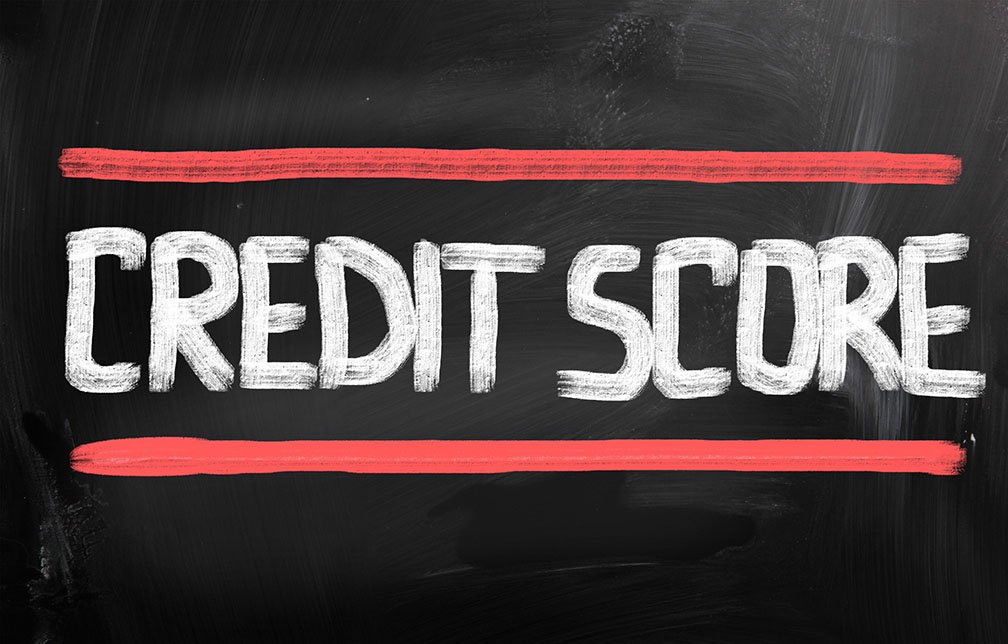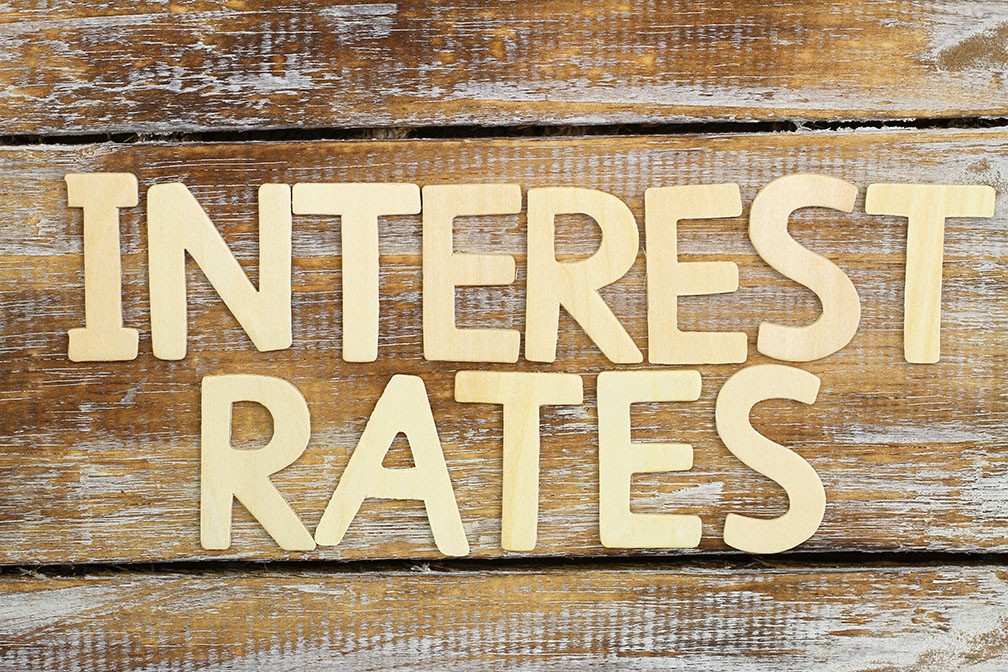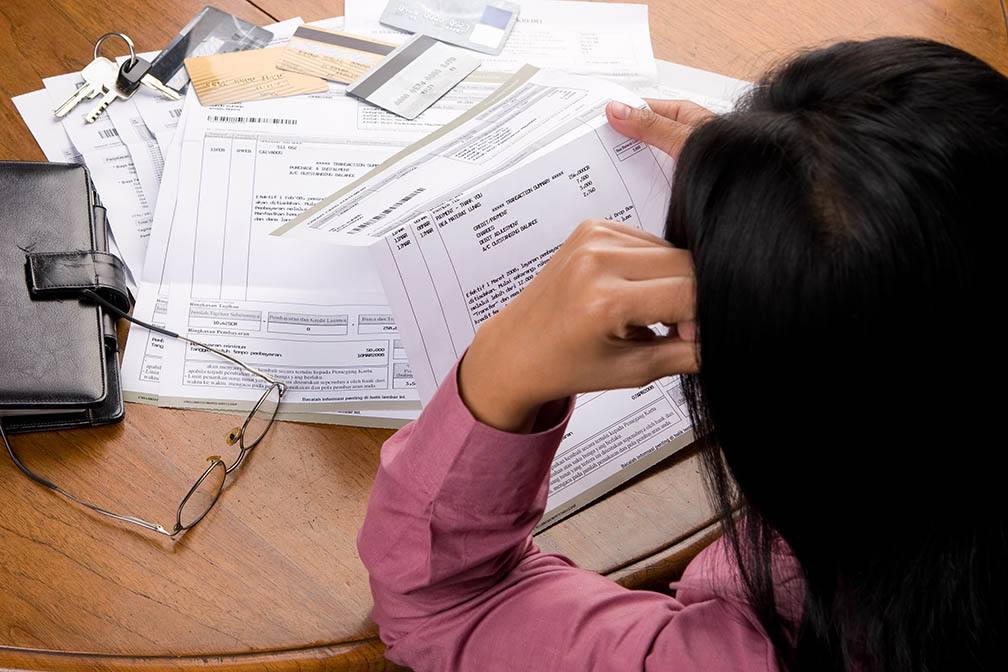 Many people all over the world are dealing with issues involving debt or poor credit history, but most aren’t necessarily aware of what exactly makes up their credit score. Unfortunately, it might seem like it’s the big stuff that counts when it comes to credit, but little things can have a significant impact on your financial health. If you’re looking to improve your understanding and your finances, here’s what you need to know about small mistakes and your FICO score.
Many people all over the world are dealing with issues involving debt or poor credit history, but most aren’t necessarily aware of what exactly makes up their credit score. Unfortunately, it might seem like it’s the big stuff that counts when it comes to credit, but little things can have a significant impact on your financial health. If you’re looking to improve your understanding and your finances, here’s what you need to know about small mistakes and your FICO score.
Making Late Payments
The due date on your bills might seem like an advisory, but whether we’re talking about a student loan, a credit card payment or your telephone bill, late payments can add up. Your payment history constitutes 35% of your total FICO score, which means that even a couple of late payments can have a marked impact on your overall credit. Instead of leaving this to chance, set aside a day each month before your bills are due to ensure they’re all paid off.
Applying For New Credit
It’s often the case that a store will offer special deals if you sign up for their own in-house credit card, but this can cost you big since the amounts you owe make up 30% of your credit score. Also, because lenders will often assume that you’ve run out of credit if you apply for a new card, applying for new credit can be a red mark against your FICO score.
Forgetting Credit Altogether
It might seem like the best possible option for avoiding credit issues is to avoid using credit altogether, but your credit history constitutes 15% of your FICO score. This means that you should have at least one credit card in your possession so that you can use it to build a history of lending success. While you won’t want to use more than 30% of your credit limit, it’s important to show proven experience in paying back your lenders.
Many people think that bad credit is the result of overspending and huge debt amounts, but your FICO score is largely determined by your payment history and your available credit. If you’re trying to buy a home in the near future, contact your local real estate professional for more information.
 It’s not uncommon for a homeowner to want to pay more than the minimum monthly mortgage payment on their home. However, just because it can seem hard to come up with the funds on a monthly basis doesn’t mean it’s not possible to find the money for extra mortgage payments each year. If you’re wondering how you can pay down your mortgage debt much sooner with extra money, here are some tricks you may want to try.
It’s not uncommon for a homeowner to want to pay more than the minimum monthly mortgage payment on their home. However, just because it can seem hard to come up with the funds on a monthly basis doesn’t mean it’s not possible to find the money for extra mortgage payments each year. If you’re wondering how you can pay down your mortgage debt much sooner with extra money, here are some tricks you may want to try. Whether you’ve just finished school or are about to start a family, investing in a home can be one of the biggest financial decisions of your life. But as you’ll soon discover, there are a number of considerations you’ll need to make. It can be difficult to know whether to get a short-term or long-term mortgage, or how long of an amortization period you’ll need. Read on below for three questions that will help you to make your decision, as now is the best time to dive into the market.
Whether you’ve just finished school or are about to start a family, investing in a home can be one of the biggest financial decisions of your life. But as you’ll soon discover, there are a number of considerations you’ll need to make. It can be difficult to know whether to get a short-term or long-term mortgage, or how long of an amortization period you’ll need. Read on below for three questions that will help you to make your decision, as now is the best time to dive into the market. Are you considering buying a home for the first time? For some, it can seem nearly impossible to come up with the funds for the down payment. Fortunately, there are a few ways that you can save a little over time and not have to borrow from the “Bank of Mom and Dad”. If you’re looking to invest in a home in the short-term and are looking for solutions to save up, here are some tips on how to get to your down payment amount more quickly.
Are you considering buying a home for the first time? For some, it can seem nearly impossible to come up with the funds for the down payment. Fortunately, there are a few ways that you can save a little over time and not have to borrow from the “Bank of Mom and Dad”. If you’re looking to invest in a home in the short-term and are looking for solutions to save up, here are some tips on how to get to your down payment amount more quickly. It may feel like a daunting task to consider buying a home after you’ve declared bankruptcy, and there’s no doubt that it’s an uphill battle. Fortunately, while you’ll have hard work ahead, there are things you can do in order to make your dream of home ownership a possibility. Whether you’ve just declared bankruptcy or some time has passed, here are some things you should consider before getting into the market.
It may feel like a daunting task to consider buying a home after you’ve declared bankruptcy, and there’s no doubt that it’s an uphill battle. Fortunately, while you’ll have hard work ahead, there are things you can do in order to make your dream of home ownership a possibility. Whether you’ve just declared bankruptcy or some time has passed, here are some things you should consider before getting into the market. From ‘down payment’ to ‘adjustable rate’ to ‘debt-to-income’ ratio, there are so many terms involved in the mortgage process that it can be hard to learn them all and keep them straight. However, whether or not you’ve heard it, the term ‘amortization period’ might be one of the most important ones associated with your financial well-being. If you’re currently considering the period of loan you should choose, here are some things to think about before taking on a term.
From ‘down payment’ to ‘adjustable rate’ to ‘debt-to-income’ ratio, there are so many terms involved in the mortgage process that it can be hard to learn them all and keep them straight. However, whether or not you’ve heard it, the term ‘amortization period’ might be one of the most important ones associated with your financial well-being. If you’re currently considering the period of loan you should choose, here are some things to think about before taking on a term.